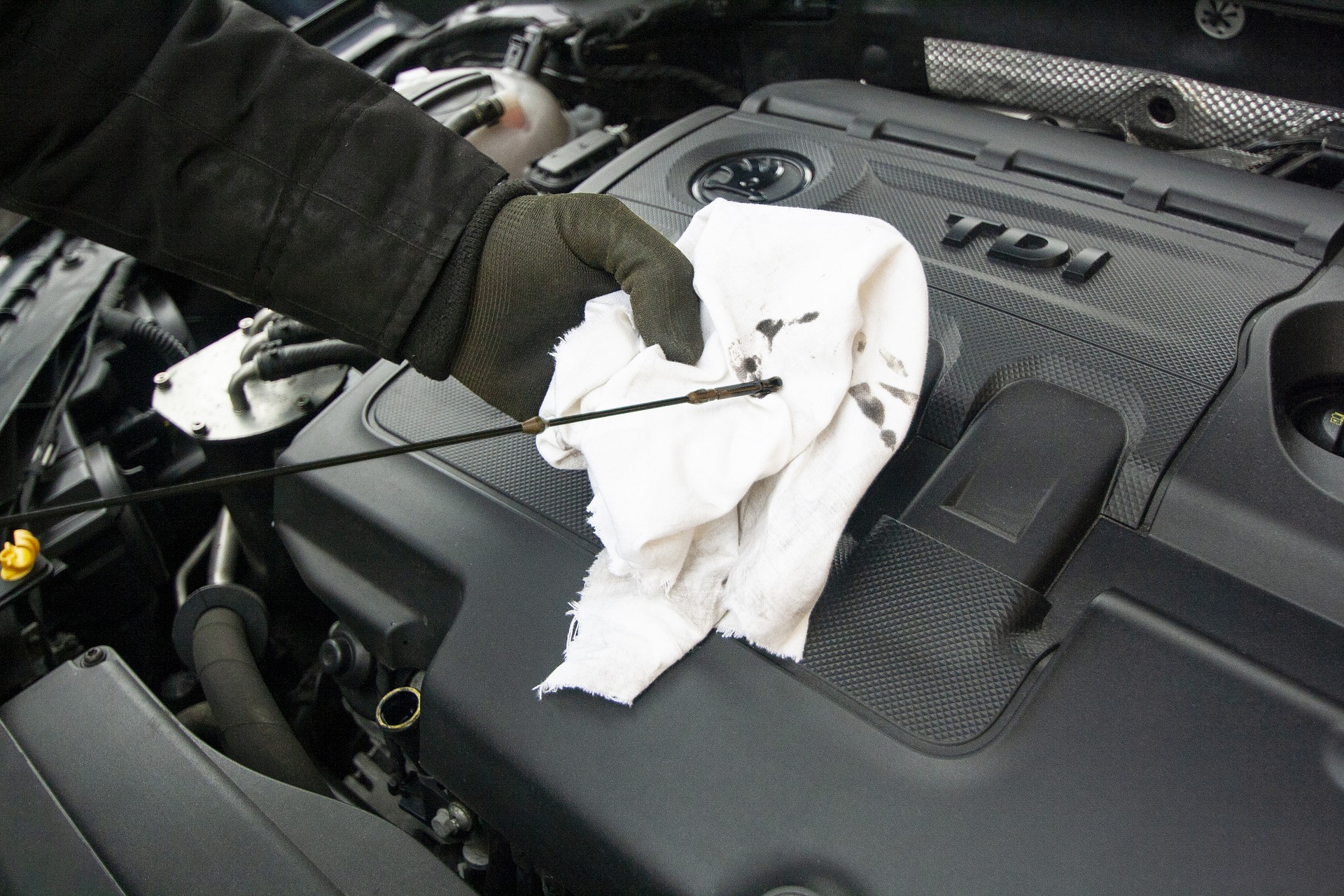This post may contain affiliate links, which means we may receive commission, at no additional cost to you, if you make a purchase through these links. See our full disclosure here.

Regular oil changes are a critical aspect of vehicle maintenance that increase the lifespan and optimize your vehicle’s performance. Motor oil plays several vital roles in your vehicle’s engine, and failing to regularly change your car’s oil can lead to significant engine problems. Learning why cars need their oil changed and how often this maintenance should be performed is an important part of having your own personal car!
How Often Do Cars Need Their Oil Changed?
Why Cars Need Oil Changes
Lubrication
The main function of oil is to lubricate the moving parts within the engine. The engine consists of numerous components, including pistons and valves, that move at high speeds and are in constant contact with each other. Without proper lubrication, these parts would generate increased friction, leading to increased wear and tear, overheating, and, over time, engine failure.
Heat Dissipation
Engines generate an incredible amount of heat during normal driving. Oil helps dissipate this heat away from the engine’s combustion chamber and other critical areas. By carrying heat away, oil helps to prevent the engine from overheating, ensuring it runs smoothly and efficiently.
Cleaning
Motor oil plays a crucial role in keeping the engine clean. As oil circulates through the engine, it picks up dirt, debris, and metal particles that can accumulate over time. These contaminants are trapped by the oil filter, preventing them from damaging the engine. Over time, however, the oil can become saturated with contaminants, reducing its effectiveness, which is why regular oil changes are necessary.
Related: If you plan on changing your car’s oil on your own, make sure you have a reliable steel jack for your own safety!
Corrosion Prevention
Oil contains additives that help to protect engine components from corrosion. Combustion produces acids and other byproducts that can be harmful to metal parts. Motor oil helps neutralize these acids and prevent corrosion, thereby extending the life of the engine.
Sealing
Did you know your car’s engine has gaps between the piston rings and cylinder walls? Oil acts as a sealant and fills these gaps. This helps maintain proper compression and improves engine efficiency and performance.
How Often Should Car Oil Be Changed?
How often your car needs its oil changed depends on several factors, including the type of oil used, the make and model of the vehicle, driving conditions, and the manufacturer’s recommendations. You don’t necessarily need to visit a mechanic or dealership to have your car’s oil changed. Changing your car’s oil is one of the simpler maintenance tasks almost any driver can handle.
Manufacturer’s Recommendations

Most vehicle manufacturers provide specific guidelines on how often to change the oil, typically found in the owner’s manual. These recommendations are based on extensive testing and are tailored to the specific needs of the engine. Generally, manufacturers recommend changing the oil every 5,000 to 10,000 miles for conventional oil and up to 10,000 miles or more for synthetic oil. For example, the recommended oil change interval for the 2025 Honda Civic is every 6 months or 5,000 miles.
Type of Oil
There are several different types of motor oils available, including conventional, synthetic, and synthetic blends. Synthetic oil is designed to last longer and perform better under extreme conditions, often allowing for extended intervals compared to conventional oil.
Related: Speed up changing your car’s oil with a QuickFill funnel that helps prevent spills and makes pouring a breeze!
Driving Conditions
Driving habits and conditions can significantly impact how often oil changes are needed. Severe driving conditions, such as frequent short trips, heavy traffic, towing, and extreme temperatures, can cause oil to degrade faster. Under these conditions, your car may need its oil changed every 3,000 to 5,000 miles.
Oil Life Monitoring Systems
Many modern vehicles are equipped with oil life monitoring systems that use sensors and algorithms to determine when an oil change is needed. These systems take into account various factors, including driving conditions, engine temperature, and mileage, providing a more accurate estimate of when to change the oil. Even so, you may want to consider changing your oil according to the manufacturer’s recommendations.
How Often Do Cars Need Their Oil Changed?
Regular oil changes are essential to maintaining your car’s engine health and performance. By ensuring proper lubrication, heat dissipation, cleaning, corrosion prevention, and sealing, oil plays a crucial role in the ensuring your engine stays healthy. Following the manufacturer’s recommendations and taking your driving conditions into account will help determine when you need an oil change. By regularly changing your car’s oil, you can keep your car up and running with minimal maintenance issues for years to come!



